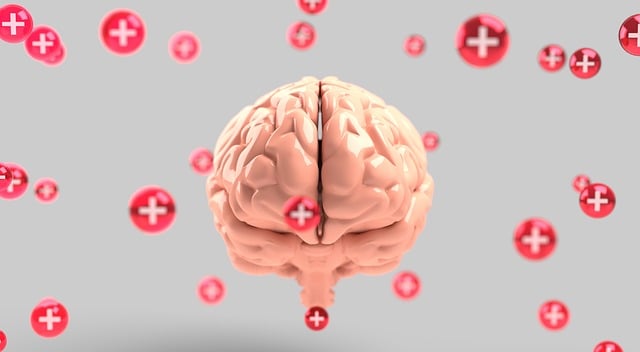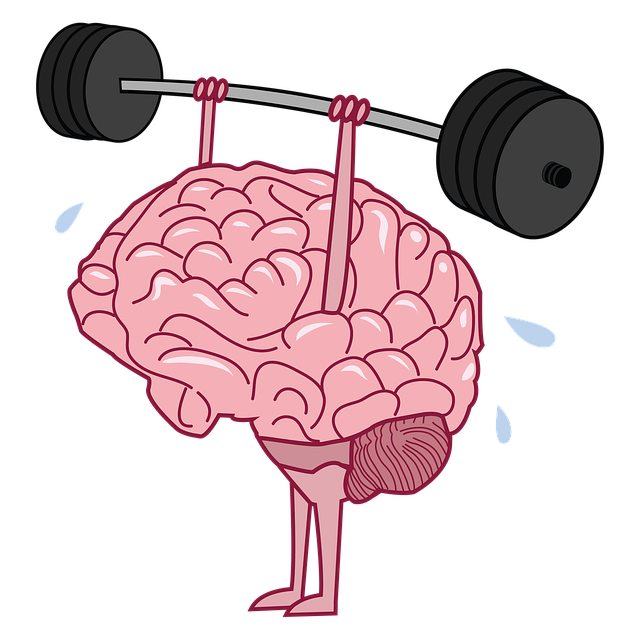Littleton Somatic Experiencing (SE) Therapy is an innovative approach to enhance emotional well-being, especially in high-stress environments like healthcare. This holistic therapy teaches individuals to manage stress and emotions effectively by addressing the mind-body connection, aiming for both mental and physical healing. SE uncovers personal coping mechanisms, strengthens inner resilience, and provides tools for emotional regulation. By integrating techniques such as relaxation methods and mindfulness meditation into daily life, it empowers people to cope with challenges, reduce stress, and improve overall mental health.
“Explore the power of coping skills development and its profound impact on emotional well-being. This comprehensive guide delves into essential strategies for navigating life’s challenges. From understanding the foundational role of Littleton Somatic Experiencing Therapy in building resilience to identifying personal coping mechanisms, we uncover practical strategies for effective daily management. Learn how integrating these skills fosters long-term mental health and enhances overall resilience.”
- Understanding Coping Skills: A Foundation for Emotional Well-being
- The Role of Littleton Somatic Experiencing Therapy in Developing Resiliency
- Identifying Personal Coping Mechanisms: Strengths and Challenges
- Practical Strategies for Effective Coping in Daily Life
- Integrating Coping Skills: Long-term Mental Health and Resilience
Understanding Coping Skills: A Foundation for Emotional Well-being

Understanding Coping Skills is a fundamental aspect of fostering emotional well-being, especially in today’s fast-paced world where stress and pressure are ever-present. This concept lies at the heart of Littleton Somatic Experiencing Therapy (LSET), which focuses on empowering individuals to navigate life’s challenges with resilience. By developing effective coping skills, people can manage their emotions, reduce the impact of traumatic experiences, and prevent burnout—a significant concern in various professions, particularly healthcare.
Burnout Prevention Strategies for Healthcare Providers, as advocated by Mental Health Policy Analysis and Advocacy groups, emphasize the importance of self-care and emotional regulation. LSET offers a holistic approach to coping skills development, addressing not just the mind but also the body’s physical responses to stress. This therapy encourages individuals to understand their unique triggers and responses, providing them with tools to de-escalate and regain control in moments of heightened emotion. Such techniques are invaluable for healthcare professionals aiming to prevent burnout, ensuring they can continue to provide quality care while maintaining their own mental health.
The Role of Littleton Somatic Experiencing Therapy in Developing Resiliency

Littleton Somatic Experiencing Therapy (SE) is a highly effective approach to fostering resilience and coping skills. This therapeutic method recognizes that our bodies hold the memory of past experiences, especially traumatic ones. By focusing on the connection between mind and body, SE helps individuals process and release these stored traumas, allowing them to regain control over their emotional responses. Through this process, clients develop a stronger sense of inner strength and mental wellness.
The therapy encourages people to confront and resolve unresolved issues from the past, enabling them to navigate challenging situations with enhanced resilience. By providing crisis intervention guidance tailored to each individual’s unique experiences, SE empowers folks to heal and grow. This holistic approach not only addresses the symptoms but also targets the root causes of distress, promoting long-term mental health and emotional well-being.
Identifying Personal Coping Mechanisms: Strengths and Challenges

Identifying personal coping mechanisms is a vital step in enhancing mental wellness. This process involves recognizing one’s unique strengths and challenges when faced with stress or adversity. Every individual has their own way of dealing with difficult situations, whether it’s engaging in creative outlets like art or music, spending time in nature, practicing mindfulness, or relying on social connections. Understanding these personal coping strategies is key to leveraging them effectively during moments of need.
Littleton Somatic Experiencing Therapy (SE) offers a holistic approach to stress reduction methods, helping individuals uncover and strengthen their inherent coping abilities. By focusing on the body’s wisdom, SE enables clients to access deep resources for resilience. Incorporating mental wellness coaching programs can further enhance this process, providing tools for positive thinking and emotional regulation. Through these strategies, one can cultivate a more robust toolbox of coping skills, leading to improved overall mental health.
Practical Strategies for Effective Coping in Daily Life

Incorporating practical strategies for effective coping is essential for maintaining mental wellness and promoting emotional well-being. One highly effective approach is Littleton Somatic Experiencing Therapy (SE), which focuses on helping individuals process traumatic memories and release stored physical tension. SE therapy encourages deep relaxation and facilitates a safe environment for the body to heal itself, offering a powerful tool for managing stress and anxiety relief.
Additionally, several emotional well-being promotion techniques can be integrated into daily routines. Mindfulness meditation, deep breathing exercises, and progressive muscle relaxation are simple yet potent methods to reduce stress levels and improve coping abilities. These practices allow individuals to become more attuned to their bodies’ physical and emotional cues, enabling them to respond mindfully rather than reacting impulsively to challenging situations.
Integrating Coping Skills: Long-term Mental Health and Resilience

Integrating coping skills into one’s life is a key component of long-term mental health and resilience, offering individuals a powerful tool to navigate life’s challenges effectively. Coping strategies, such as those taught in Littleton Somatic Experiencing Therapy, go beyond immediate stress relief; they empower people to develop a deeper understanding of their emotional responses and foster healthy coping mechanisms that stand the test of time. By integrating these skills, individuals can enhance their ability to manage difficult situations, improve mood regulation, and build mental fortitude.
Effective coping strategies often involve communication techniques, which can be especially beneficial in diverse cultural settings. Cultural sensitivity in mental healthcare practice plays a crucial role here, ensuring that coping skills are taught and utilized in ways that are respectful and relevant to each individual’s background. This holistic approach, combining coping skills development with cultural considerations, contributes to enhanced resilience and long-term well-being, enabling people to face life’s challenges with greater confidence and emotional agility.
Coping skills development is a multifaceted process that, when nurtured, can lead to enhanced emotional well-being. As outlined in this article, understanding coping mechanisms, such as those offered by Littleton Somatic Experiencing Therapy, and identifying personal strengths and challenges are critical first steps. Practical strategies for daily implementation further empower individuals to manage stress and adversity effectively. When integrated into long-term mental health practices, these skills foster resilience, enabling folks to navigate life’s complexities with greater ease and confidence.












